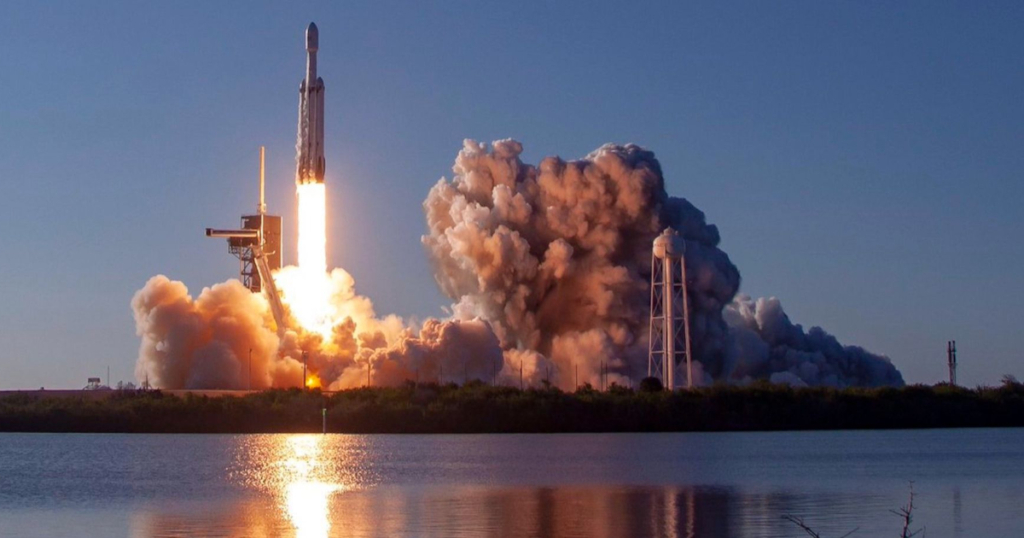
SpaceX launch is a blow to Russia’s wallet
The launch of Elon Musk’s crewed spaceship, expected to go ahead this weekend, will be a big blow for Russia’s ambitions in space. The issue is not just the loss of a $300 million annual contract for space corporation Roscosmos, but some see this as a moment demonstrating how Russia has fallen far behind the U.S. in the space race.

- Since the end of crewed flights from the U.S. in 2011, U.S. astronauts have travelled into space aboard Russia’s Soyuz spacecraft. The average cost of transporting one astronaut to the International Space Station averaged $55 million in this period and Roscosmos earned up to $300 million a year from these contracts. Now, the company must do without these lucrative agreements, and the U.S. will earn geopolitical points for once again being independent of Russia’s space rockets.
- While the crew of the SpaceX Dragon capsule was preparing this week, Roscosmos CEO Dmitry Rogozin said (Rus) on television that Musk’s idea of bombing Mars with nukes was “monstrous” and is “cover for putting nuclear weapons into space”. It is not the first time Rogozin has taken a swipe at Musk: he previously called (Rus) Musk’s successes “exaggerated”, and said (Rus) Musk was “not a specialist”.
- Rogozin has many reasons to envy Musk. At the same time as Musk began working on getting humans into space, Russia began the development of its piloted interplanetary spaceship Oryol (literally ‘Eagle’). From a technical perspective, Oryol could be more advanced than its U.S. counterpart, but Oryol is far behind in terms of development. Tests were originally planned for 2015, but have been repeatedly delayed. The new deadline is 2023.
- And it wasn’t just the spaceship that ran into trouble. The plan was to launch Oryol with Angara rockets, which have been in development (Rus) for 25 years. Eventually, it was decided to switch (Rus) to the mid-sized Soyuz 5 rockets, but even they only have their first test flights scheduled for 2022.
- On top of this the construction of the Vostochny Cosmodrome, from which Oryol was supposed to be launched, has run into serious problems. Building began in 2011, but was hit (Rus) by corruption scandals and criminal lawsuits totalling 10 billion rubles. Construction is still underway, and the launchpad for heavy rockets, including those needed for Oryol, is scheduled (Rus) for completion in 2023.
- The U.S. spending on space dwarfs that of Russia. The entire budget (Rus) of Russia’s space program between 2016-2025 was about $21.2 billion, compared to the $22.6 billion NASA spent in 2020 alone. Similarly, it will cost (Rus) just over $800 million to build the first pilot prototype for Oryol, while NASA gave SpaceX $3.1 billion to develop the Dragon capsule. The salaries paid to the scientists working on Oryol and Angara are modest: they work (Rus) because of a passion for space, not because it is lucrative.
Why the world should care
One might get the impression Russia’s space program is falling apart. But this is not entirely the case: in 2019, Russia completed almost 30 incident-free launches, including the Russian–German high-energy astrophysics space observatory SPEKTR-RG that has traveled further from the earth than any Russian or Soviet spacecraft. The trouble begins when it is time to invest in new projects. Minimal funding means it is unwise to expect any breakthroughs from Roscosmos in the near future.





